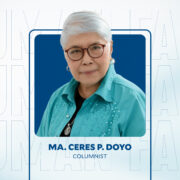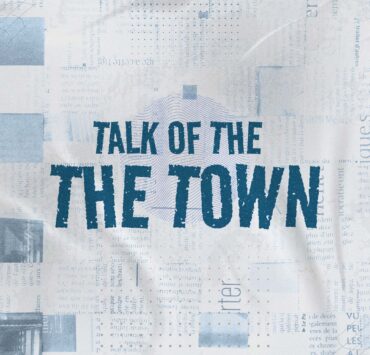Pioneer the Possible Philippines

The Philippines stands at a turning point. With a rising working-age population, globally competitive talent, and rich natural resources, the country is primed for sustained economic growth and innovation. Its leadership in digital services and creative industries reflects a dynamic, entrepreneurial spirit. Yet, challenges like corruption, climate vulnerability, and infrastructure gaps must be addressed to unlock inclusive progress. The European Union, with its expertise in sustainability, innovation, and governance, is ready to be a trusted partner—supporting the Philippines through investments, technology transfer, and shared solutions to Pioneer the Possible.
What do I mean by Pioneer the Possible Philippines? The ongoing digital and green transition will be critical for economic growth and prosperity for all, as well as better health care, food security, and education. Challenges can be overcome if we work together. Partnering with the EU and its member states, we offer the Philippines collaboration with like-minded states, companies, and organizations to support development and reduce poverty. The EU’s 27 countries and 450 million people offer a vast potential for Philippine exports and European investments.
Many of the European states are global leaders when it comes to governance, rule of law, and innovation. We are open for trade, investments, and sharing best practices. The Philippines can tap into this wealth of innovation and technology in Europe to support Filipinos’ aspirations. In 2025, Sweden was ranked number one in the EU Innovation Scoreboard, for among other things, its strength in human resources, intellectual assets, and digitalization. There are many more similar clusters of excellence throughout the Union covering sectors from ICT, energy, and mining to agriculture and fishery.
Many European companies are already present or trading with the Philippines. The EU countries’ stock of Foreign Direct Investments in the Philippines amounted to 14.2 billion euros or an estimated P953 billion (according to Eurostat as of 2023). With the forthcoming Philippines-EU Free Trade Agreement in place, the attraction to invest in the Philippines will be even stronger. For example, in other Asian countries, the South Korean-EU Free Trade Agreement in place since 2011, almost doubled foreign direct investments to South Korea from EU Member States in 10 years. The Vietnam-EU Free Trade Agreement in place since 2020 generated almost a 50-percent increase in foreign direct investments in only three years.
How can the Philippines, given its unique circumstances, maximize the benefits of this agreement? When asking companies already present in the Philippines, they express that strengths are the local network of suppliers, service providers and distributors, the work force, personal safety, and labor market regulations. Challenges include bureaucracy, complex customs and tax systems, and infrastructure constraints. These challenges are particularly pronounced for smaller businesses and newer market entrants. This can be addressed through reforms, public-private collaboration, and digital solutions to streamline processes, making the Philippine market more competitive. As the Philippines deepens its economic engagement with the EU, ensuring that European companies can meaningfully participate in the key sectors and addressing structural issues, like corruption, will boost investor confidence.
There is no doubt that clear rules across all trade and investment-related areas with sustainability at the core will create a stable and predictable business. The New Government Procurement Act, including criteria related to sustainability, is a step in the right direction. The new Konektadong Pinoy Act promotes competitiveness and better service to Filipinos throughout the country. Likewise, the government’s efforts to increase investments in renewable energy and energy efficiency will improve access and lower energy costs for households and businesses. Considering life cycle costs not only preserves the environment,it is also smarter economics!
Many important policies in the Philippines are in place for a prosperous future for all. But there is no doubt that implementing laws and strengthening accountability across sectors is now critical to improving peoples’ livelihoods and the country’s investment appeal. The European Union and its member states are here as trusted partners to accompany the Philippines to Pioneer the Possible.
—————-
Anna Ferry is the Ambassador of the Kingdom of Sweden to the Philippines. She has also served in Peru, India, USA, and Honduras.
—————-
Inquirer Exclusive: This commentary is part of a series of articles in the Philippine Daily Inquirer contributed by European Union Ambassadors to the Philippines, in line with Denmark’s Presidency of the EU Council from July to December 2025. The articles focus on strategic areas of cooperation between the EU and the Philippines. Email: johmed@um.dk

















